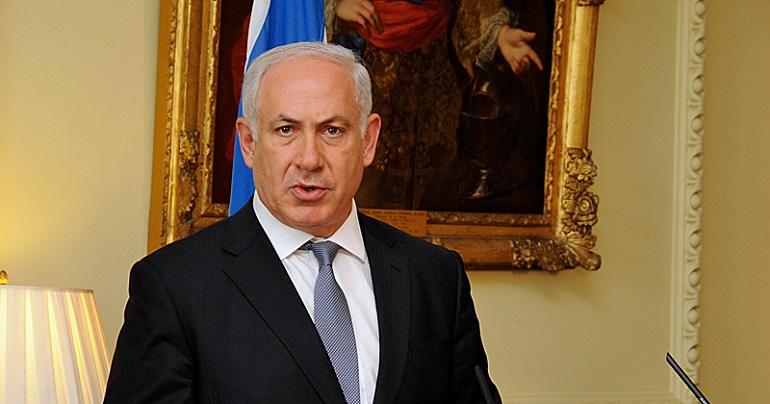Boris Johnson’s attack on BDS sides with the powerful over the weak

In order to meet our obligations under international law, the UK needs to be a critical friend of Israel, not just a friend of Israel.
Boris Johnson’s plan to pass a law banning public bodies from boycotting foreign products from Israel, is seen as yet another political assault on Palestine and will further remove scrutiny against Israel and accountability for human rights violations.
Johnson’s government is reportedly planning to prevent local councils from working with the Boycott, Divestment and Sanctions (BDS) campaign, with the UK special envoy for post-Holocaust issues, Eric Pickles, stating that the BDS movement is “antisemitic and should be treated as such”.
The move falls in line with the Trump administration and enhances Israel’s global campaign to delegitimise criticism of their government. Palestinian groups have campaigned to persuade investors to cut from their portfolios with companies linked to Israeli settlements in contested territories in the Middle East.
The Conservative government have form on this. In 2016 the UK government acted to ban public sector schemes from divesting from certain industries or countries through local procurement boycotts, notably investment in companies for the procurement of pension funds. The decision was challenged by the Palestinian Solidarity Campaign (PSC), arguing that the ban was aimed at stopping funds from divesting from Israeli companies.
The High Court had originally deemed the government’s guidance on boycott and divestment as unlawful, before having the decision overturned by the Court of Appeal. The ruling raised concerns by lawyers that UK politicians were influencing public and local body decisions to impact investing strategies and environmental, social and governance issues within the pension sector.
Seeking to put economic pressure on a government, in a bid to have accountability, is a democratic choice and often common practice across the West. However, the wrong decisions in favour of the Israeli government are being made based on an unbalanced view of the situation on the ground.
The European Union has a duty to step up as the neutral peace-broker. Those of us who stand up for Palestinian rights do not want to see more destruction, we want a peaceful solution to the region’s conflict and an urgent end to the well-documented human rights abuses. Over my time in the European Parliament, I have met with numerous civil society organisations working in the region. They have given me accounts of the sheer scale of suffering in Gaza and the West Bank. Now, they find themselves increasingly isolated, and in some cases, actively targeted by the authorities for their work.
The situation on the ground continues to worsen by the day. The rate of expansion of settlements is increasing by the day, including into areas such as East Jerusalem. This is contrasted with a situation for Palestinians that denies them access to basic resources, civil rights and freedom of movement.
The reality is that the current path Israel, Trump and now Boris Johnson are currently taking us down can end with nothing else but the crushing of the Palestinian people. This needs to be stopped. If Boris Johnson already intends to create a special relationship with Israel, who are in breach with international law – which other regimes would he then give favoured exemptions to?
What we can expect from Boris Johnson, is a Prime Minister willing to stand shoulder-to-shoulder with the current wave of “strongmen” leaders. Whether it’s Hungary, Saudi Arabia or India – he boasts of his links to these leaders, as well as undertaking similar campaign techniques centred on the proliferation of disinformation.
The fightback against these kinds of policies has to be rooted in international law. The ruling of the European Court of Justice last month confirmed that products made in the settlements are from illegally occupied territories, and should be labelled as such.
In the European Parliament, I have called for a ban on settlement goods and products. These products are profiting directly from illegal settlement expansion and the demolition of Palestinian buildings – some of which are funded by the EU. The Conservatives were the champions of small government – and minimal intervention in the free market.
This new law sets a dangerous precedent of intervention, in favour of the powerful versus the weak. It goes against the concept of free choice, and every citizen should have a right to make a choice on ethical consumption.
PS. We hope you enjoyed this article. Bright Green has got big plans for the future to publish many more articles like this. You can help make that happen. Please donate to Bright Green now.



Scripturally the land of Israel is not contested. It belongs to the Jews.